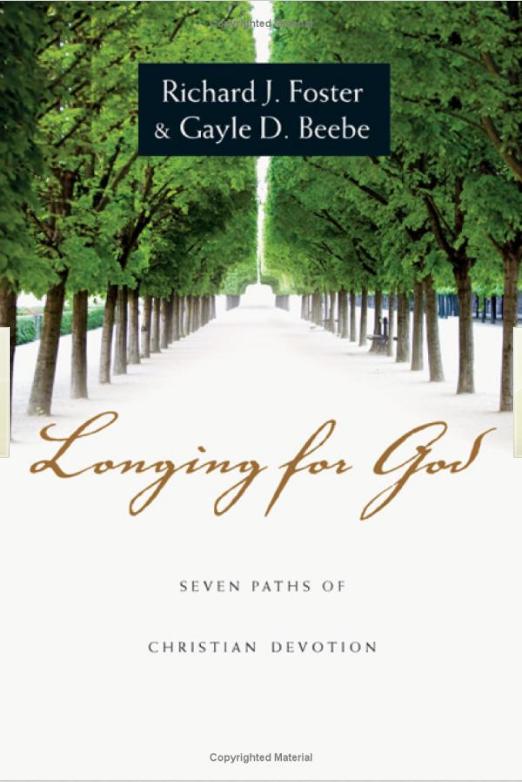There are few things more intimidating to a 20-year old college student than a judgmental professor. But there I was in the summer of 1979, facing three of them. They were (and still are) all brilliant, all renowned experts, and all challenging the inventory of facts that I had quickly memorized the night before.
It was a warm afternoon in Santa Barbara. I had signed up for the Westmont summer program in Europe and was living on campus for a few weeks in preparation for the trip. Having already fulfilled the classes offered by the Europe program, I was taking courses that the professor and I agreed upon. Namely, Christian Apologetics. Since I was the only student in the class, the professor decided to have a panel ask me questions instead of the normal written exams.
Thus I found myself sitting on the stage of Porter Hall with three professors in the front row. They were asking questions for the mid-term exam. My professor was Stanley Obitts, a “hard” professor who almost never gave good grades, and he had brought in colleagues to make the grilling more complete. As I recall, the other two professors were Robert Gundry and Bob Wennberg. So, three world class theologians and philosophers against me. Seem unfair? Yeah, it did to me too.
But I was doing okay. Not great, but okay. Then Gundry asked me, “Compare the different perspectives of Augustine of Hippo with Thomas Aquinas on the matter of predestination.”
I had no idea what he was talking about. None at all. I knew a little about the concept of predestination, and I had heard of Augustine, but not Aquinas. And I had no idea what either of them thought of predestination.
I was confused and nervous and trying to figure out how I could fake my way through this answer…when suddenly Obitts says, “Actually, we have not studied that topic yet. Roy, you do not need to answer that.”
Whew! The 30-seconds between the question being asked and Obitts speaking up had seemed eternal! I took a deep breath, nodded my head, and waited for the next question. Eventually, I got a B+ on the exam.
Now, 31-years later, I still remember the question (perhaps that is the key part to a solid education: not just knowing some answers, but remembering what the good questions are). Over the years I have found opportunities to study the great thinkers like Augustine and Aquinas. And I still can’t fully answer the question about their differences on predestination, but at least it’s not a completely foreign concept to me!
Now you might be asking what all this has to do with a book review. Well, Richard Foster and Gayle Beebe have written a book that helps amateur theologians/philosophers like myself. It’s called “Longing for God: Seven Paths of Christian Devotion.” The book is broken into seven parts that reflect the Renovare idea of seven paths of devotion:
– The Right Ordering of Our Love for God
– The Spiritual Life as Journey
– The Recovery of Knowledge of God Lost in the Fall
– Intimacy with Jesus Christ
– The Right Ordering of Our Experiences of God
– Action and Contemplation
– Divine Ascent
Each of these seven parts has chapters that focus on specific Christian thinkers. The book starts with Origen of Alexandria and ends with John of the Cross, with folks like Bernard of Clairvaux, Thomas Merton, John Calvin, St. Bonaventure, Julian of Norwich, Gregory the Great, and Teresa of Avila in between. And yes, there are chapters on Augustine and Aquinas, though predestination is not discussed in either chapter!
There is also an appendix on Christian women and spirituality, and another appendix on the great thinkers of the Eastern Orthodox Church. Both contain great information for further studies.
This is a tremendous resource book. If you are serious about your faith, it would be wise to get a copy and slowly work through it. I love history, and this book reflects the history of the Church and how our faith has been shaped. I appreciate theology, and this book delves into the minds of some of the most brilliant theologians ever. And I am always learning about spiritual development, which is ultimately what this book is all about. In fact, the book won Christianity Today’s book of the year award in the spirituality category.
So buy the book and enjoy it. Think of it as something you are predestined to do. Or not, depending on your perspective. I’m not really sure.

